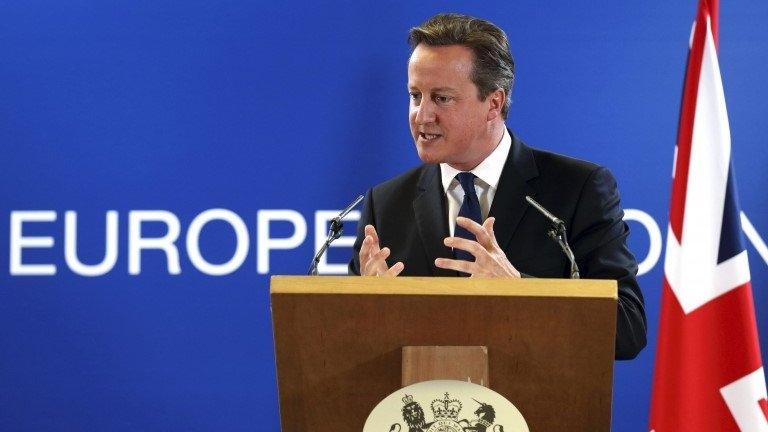Jean-Claude Juncker 'will address UK concerns'
- Published
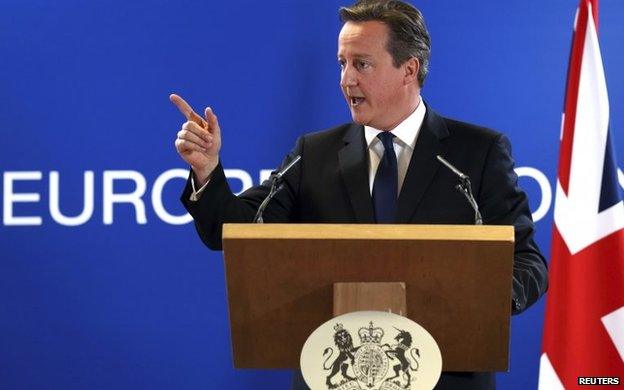
David Cameron congratulated Jean-Claude Juncker during a phone call on Sunday afternoon
Jean-Claude Juncker has told David Cameron he is "fully committed to finding solutions for the political concerns of the UK", No 10 has said.
The PM called the European Commission president-designate and the pair discussed working together to "make the EU more competitive and more flexible".
"The PM welcomed Mr Juncker's commitment of finding a fair deal for Britain," the No 10 spokesman said.
It comes after Mr Cameron was defeated in an EU vote over the new president.
Mr Cameron tried to block Mr Juncker's appointment by forcing a vote on the selection of the former Luxembourg prime minister, who is seen as a backer of closer political union.
But EU states voted 26-2 to appoint him, in what Mr Cameron described as "a bad day for Europe".

Analysis: Chris Mason, BBC political correspondent
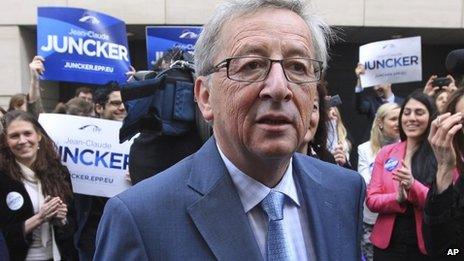
The prime minister has this idea of reforming the UK's relationship with the EU - he wants to put a reformed relationship to a referendum in 2017, if he's still prime minister then. And one of the most important people he has to deal with in securing that is Jean-Claude Juncker (pictured).
It's clearly widely publicly known that he didn't want this man in the job - but he lost that argument so now he has to build a relationship with someone from - let's put it gently - not the best starting point, and that starts with this kind of conversation.
I suppose Downing Street would emphasise that in democracy sometimes you don't win but that means that you have to congratulate those that have - and you have to work with them.
They will also point to the fact that any prime minister will always have conversations with, and relationships with, political leaders with whom they don't share a huge amount with in the first instance.

A Downing Street spokesman said: "The prime minister called the Commission President-designate, Jean-Claude Juncker, this afternoon.
"The prime minister congratulated Mr Juncker on running a successful campaign and securing the council nomination. They discussed how they would work together to make the EU more competitive and more flexible.
"The PM welcomed Mr Juncker's commitment of finding a fair deal for Britain and Mr Juncker said that he was fully committed to finding solutions for the political concerns of the UK."
The phone call comes after Mr Cameron was criticised by other UK political leaders over the defeat.
Shadow Chancellor Ed Balls said Mr Cameron's failed bid to block Mr Juncker's appointment was a "catastrophe for Britain and the British national interest", adding: "I've never seen a negotiation so cack-handed."
"We won't be influential in the world, unless we are influential in Europe," he told the BBC's Andrew Marr Show.
'Indispensable for Europe'
His comments came after Confederation of British Industry (CBI) director general John Cridland warned the success of the UK economy depended on it staying in the EU.
But Foreign Secretary William Hague insisted it was "far too early" to say if the government would fail in its bid to renegotiate Britain's agreement with Brussels.
Meanwhile Germany's finance minister has told the Financial Times, external a British exit from the EU is "unimaginable" and "absolutely not acceptable".
Wolfgang Schauble said his country would do everything in its power to keep Britain in the union
"Clearly, we have in many economic questions and regulatory questions a broad consensus," he said.
"Historically, politically, democratically, culturally, Great Britain is entirely indispensable for Europe."
- Published29 June 2014
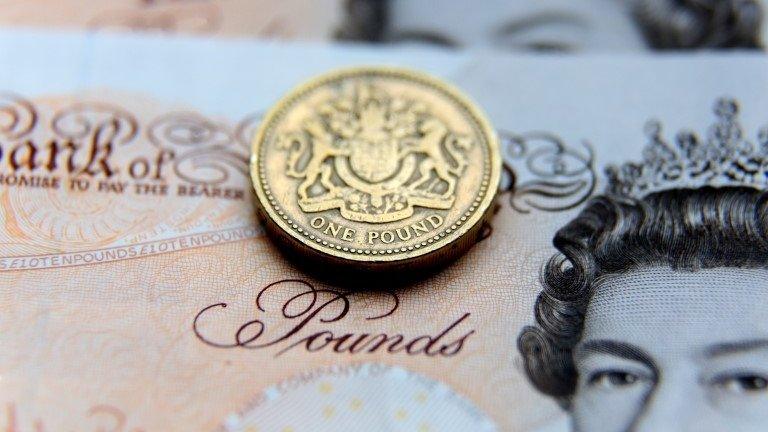
- Published28 June 2014
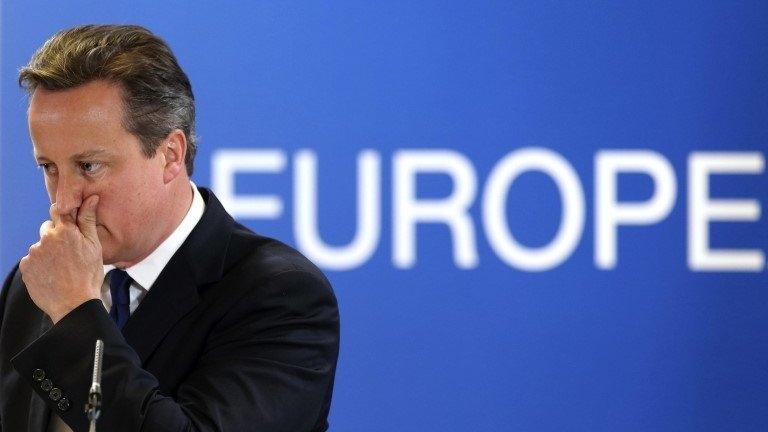
- Published28 June 2014
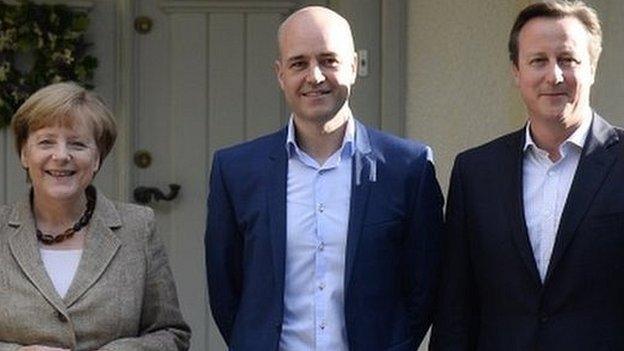
- Published27 June 2014
